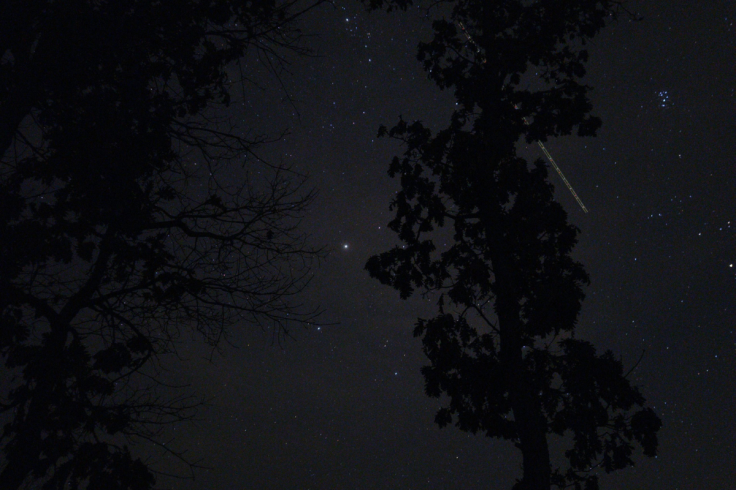'Alien' Object Spotted Over Scotland and the UK: Blazing Fireball Explained
Witnesses reported a 'loud boom' that rattled windows, with some speculating it landed near Ben Cruachan in Argyll.

At 12:50am on 4 July 2025, a dazzling fireball illuminated the night sky above Scotland and parts of the UK, captivating residents from Glasgow to the Outer Hebrides.
Described by some as an 'alien' object, this brilliant meteor, accompanied by a resounding sonic boom, sparked awe and ignited online conversations.
Doorbell cameras and CCTV captured the event, with videos spreading rapidly across social media.
This cosmic display reminded us of the universe's vastness, but what exactly was this fiery visitor?
Ignite the Night Sky
The spectacle was a bolide, a rare meteor bright enough to produce a sonic boom as it burns through Earth's atmosphere.
'For a light streak and a bang (sonic boom), it's probably been a piece of space rock that was bigger than a golf ball' Sean Batty from STV Meteorologist.
This bolide, likely part of the Delta Aquarids meteor shower active in early July, streaked at speeds up to 40 miles per second, creating a glowing trail visible across Scotland.
Witnesses reported a 'loud boom' that rattled windows, with some speculating it landed near Ben Cruachan in Argyll.
Recovering fragments in the rugged Highlands is challenging, but scientists are eager to study any remnants for clues about our solar system's origins.
Spark Public Amazement
Social media platforms, particularly X, buzzed with excitement. User @liloliloll shared: 'I saw a bright flash last night and was like and opened Lightning Maps, but nothing. I just saw this, checked the time...I guess I kinda saw the meteor!'
Similarly, @ShionaBatt95810 noted: 'A recent large fireball seen over Scotland was identified as a meteor by experts. Witnesses reported seeing the bright meteor from various locations'.
These posts, though inconclusive, reflect a mix of wonder and confusion, with some mistaking the boom for an earthquake or explosion, highlighting the event's startling impact.
Unravel Cosmic Mysteries
The meteor's visibility was enhanced by Scotland's rare clear skies, a perfect backdrop for such a display.
Dr Cyrielle Opitom from the University of Edinburgh explained: 'A lot of meteors fall during the day, and so we don't see them... But this one could be seen on a clear night in Scotland, which doesn't happen very often'.
The Delta Aquarids, peaking later in July, typically produce up to 20 meteors per hour, but this bolide's intensity set it apart.
Scientists estimate that if fragments survived, they could yield valuable data about our solar system's composition, though the search in Argyll's terrain is daunting.
Such events underscore the importance of meteor observation in advancing astronomical research.
Inspire Future Stargazers
This meteor, far from an extraterrestrial craft, was a breathtaking reminder of our cosmic connections.
Captured on cameras from Lewis to Edinburgh Airport, it united communities in shared wonder. The event's viral spread, with videos amassing thousands of views, highlights humanity's fascination with the stars.
It's a call to embrace curiosity, gaze skyward, and engage with the mysteries above. This fleeting fireball, costing nothing but priceless in impact, has sparked a renewed interest in astronomy a moment to inspire future stargazers.
© Copyright IBTimes 2025. All rights reserved.




















